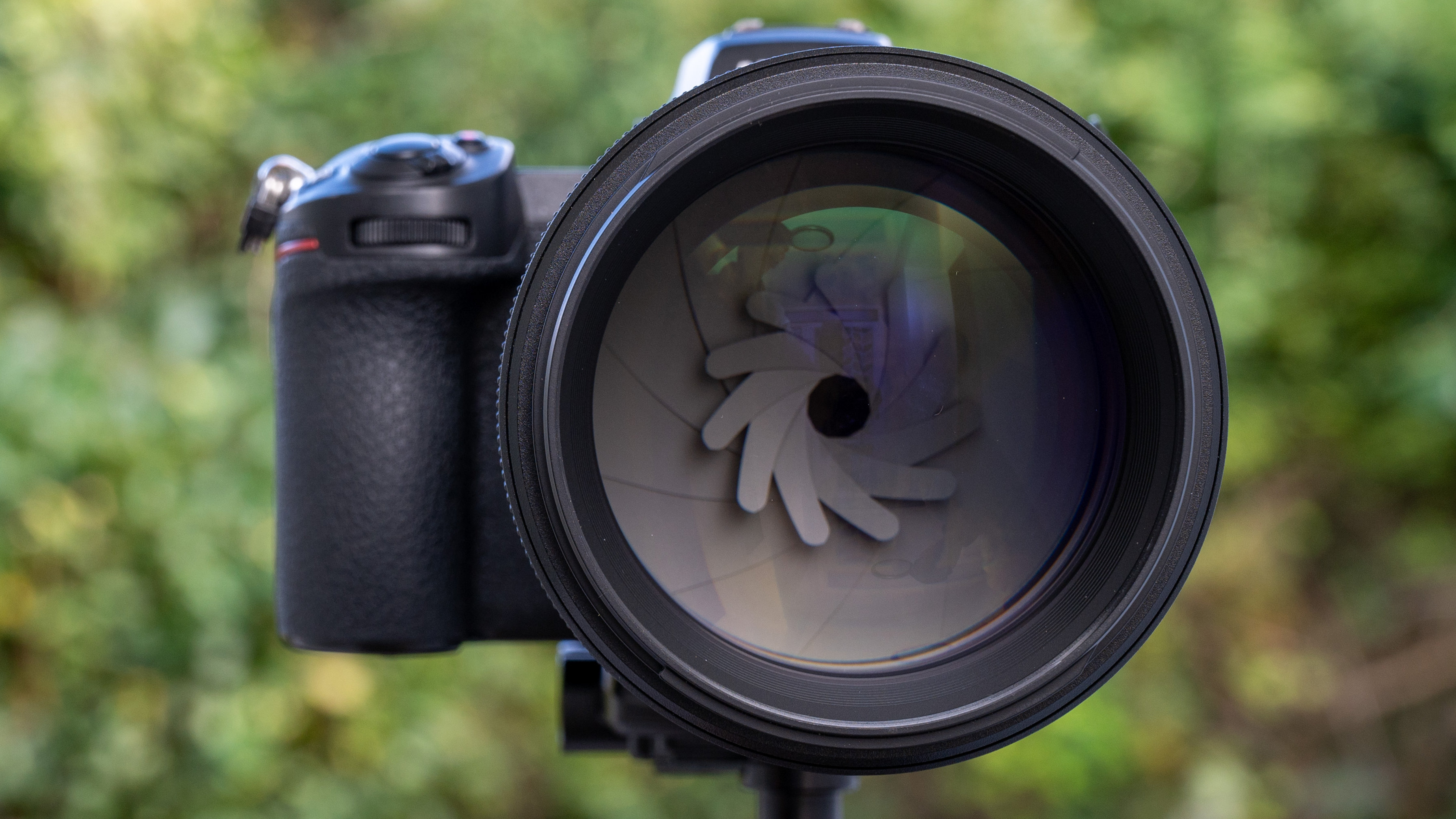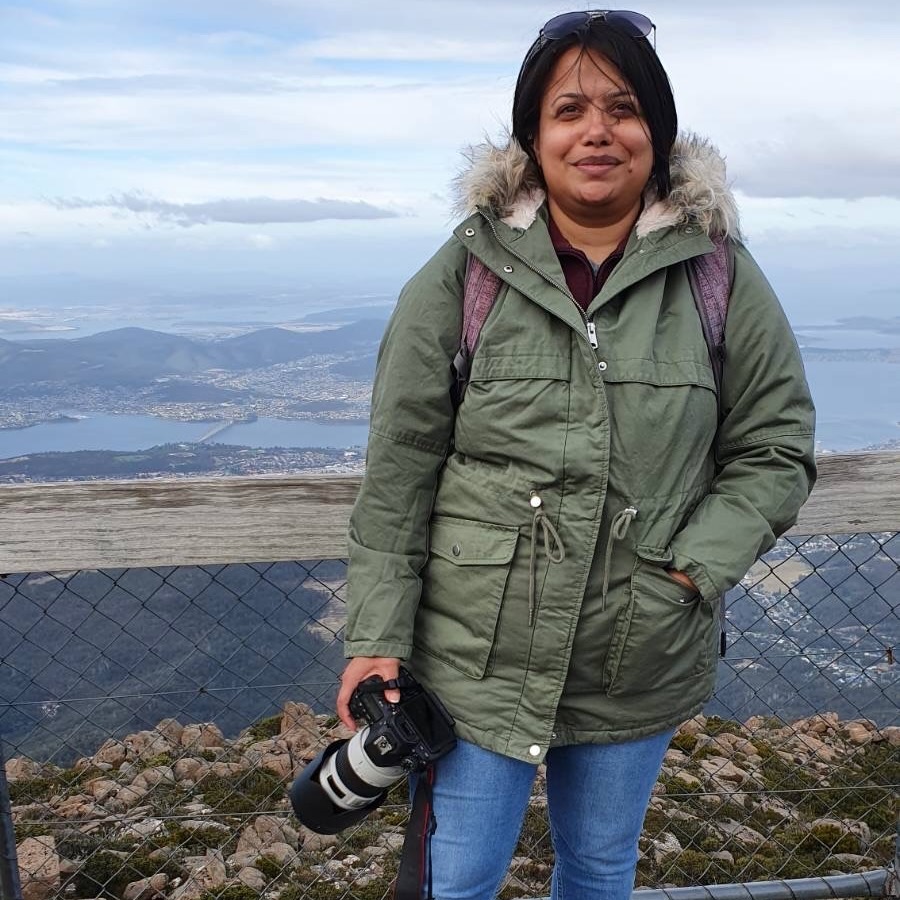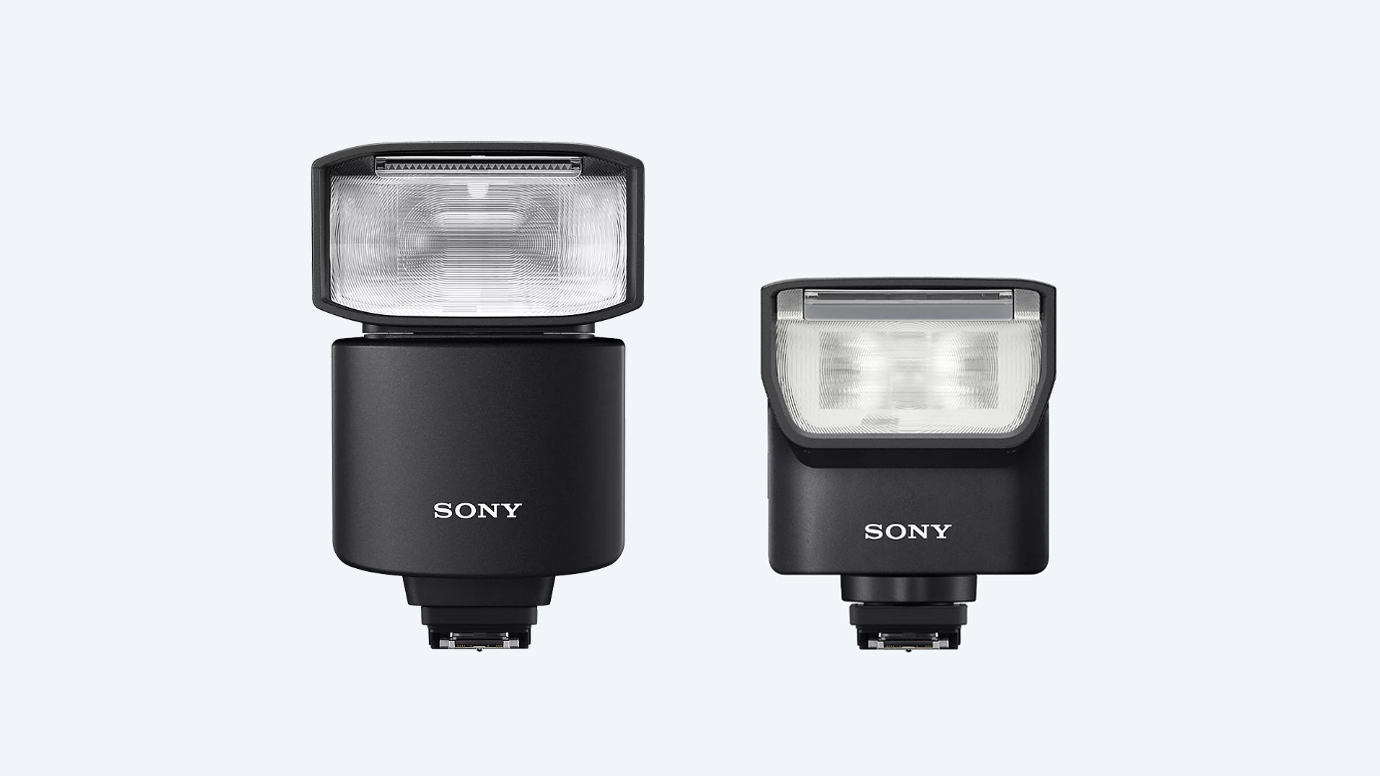Canon, Nikon and Sony are banding together in the fight against fake images
Japanese camera manufacturers are set to release new tech that will embed digital signatures to help authentic images

From Hollywood stars to the Pope in a puffer jacket, even politicians and images from the war in Gaza, there have been plenty of fake photographs doing the rounds in 2023. While some are amusing, others spread misinformation.
In the ongoing battle against deepfakes, camera giants Nikon, Sony and Canon are set to release new technology that will make it easy to authenticate a photograph's origins.
According to Nikkei Asia, the three Japanese camera makers will allow photographers to embed digital signatures via tech that will be part of the camera itself. These signatures – which will contain information like the photographer's name, plus the date, time and location the image was taken – can then be authenticated via a free web-based application called Verify that has been launched by a global alliance of media outlets, camera makers and tech companies.
If an image is AI generated or has been used to alter a genuine one, Verify will flag it as having "no content credentials".
Another step against deepfakes
This new tech is expected to be available this year, with Sony leading the charge by promising to roll out firmware updates for three of its pro-level mirrorless cameras by "spring of 2024" – so around March/April – but no mention has been made as to which models are set to receive the digital signature tech.
Canon, similarly, will also offer this tech in some of its pro bodies a little later in the year, and it could be available in a new model being released in 2024. Canon is also releasing its own application that will be capable of telling whether an image was taken by a person or is AI-generated.
Both Sony and Canon are also considering offering a similar authentication feature for videos as well, but details on this at the time of writing are slim.
Get the Digital Camera World Newsletter
The best camera deals, reviews, product advice, and unmissable photography news, direct to your inbox!
Nikon, on the other hand, plans to roll this feature out to all its mirrorless cameras, but no timeline on this update is available as yet.

The fight intensifies
The cameras from Nikon, Sony and Canon won't be the first of their kind to offer authentication tech. The Leica M11-P already has a feature called Content Credentials built into its settings which, when enabled, embeds information like device, owner, date and time to the image.
In fact, Nikon is part of the group of companies called Coalition for Content Provenance and Authenticity (C2PA) – a cross-industry organization co-founded by Adobe – that released Content Credentials in 2023. At that time, the Japanese camera maker promised this feature would make it into the Nikon Z9, but perhaps 2024 is when digital signatures will become more commonplace.
Other tech companies too have been trying to fight against the spread of fake photos. For example, Google released SynthID in 2023 that adds a digital watermark to AI-generated images, while Intel has been working on an innovative way to analyze skin color changes caused by blood flow to identify deepfakes.
As innovative as these are, having in-camera technology to help fight against the spread of fake imagery is a positive step forward.
You may be interested in our guides to the best professional cameras. You can also take a look at our picks of the best Nikon cameras, the best Sony cameras and the best Canon cameras.

Along with looking after they day-to-day functioning of Digital Camera World in Australia, Sharmishta is the Managing Editor (APAC) for TechRadar as well. Her passion for photography started when she was studying monkeys in the wilds of India and is entirely self-taught. That puts her in the unique position to understand what a beginner or enthusiast is looking for in a camera or lens, and writes to help those like her on their path to developing their skills or finding the best gear. While she experiments with quite a few genres of photography, her main area of interest is nature – wildlife, landscapes and macros.
